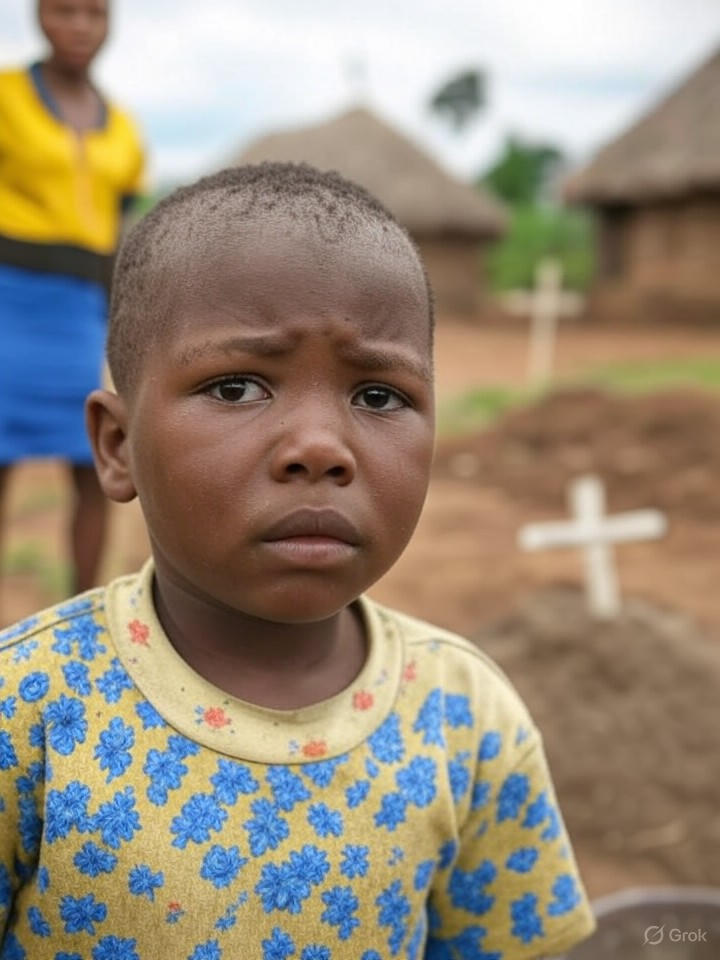A deadly Ebola outbreak in Kwango province has infected at least 57 people and claimed the lives of 35, with children facing the highest risk. Declared on September 4, the crisis continues to grow, fueled by sparse resources and a superspreader funeral.
DRC’s Kwango Hit by Deadly Ebola Outbreak: 57 Cases, 35 Deaths

Key Takeaways:
- A total of 57 confirmed Ebola cases and 35 deaths have been reported.
- The fatality rate stands at an alarming 61%.
- Children in Kwango are disproportionately affected by the outbreak.
- A superspreader funeral event significantly contributed to transmission.
- Urgent international aid is needed to prevent wider spread.
The Outbreak and Its Timeline
A new wave of Ebola infections has struck the Democratic Republic of the Congo’s Kwango province, declared on September 4. Health authorities report 57 confirmed cases of the virus, signaling a rapid escalation of concern in the region.
A Grim Fatality Rate
With 35 deaths out of the 57 documented cases, this outbreak’s fatality rate stands at roughly 61%. Officials note this high percentage points to both the aggressiveness of the virus and the challenges faced by medical teams on the ground.
Challenges in Remote Communities
Much of Kwango province’s population lives in areas where medical resources are sparse and transportation is difficult. These circumstances hamper early detection, effective quarantine measures, and the swift administration of treatments.
Children at Greatest Risk
Among the 57 confirmed cases, local health workers have observed that children appear to be disproportionately affected. Many face inadequate protection and limited access to healthcare, placing them in a precarious situation as the outbreak progresses.
A Superspreader Funeral
Investigations point to a funeral that served as a superspreader event, significantly accelerating local transmission of the virus. Public health experts underscore the need for better community awareness and strict protocols during such gatherings.
Call for International Assistance
With critical funding gaps and resource shortages, officials fear that the outbreak could spread beyond Kwango unless there is swift global support. International aid agencies and global health organizations have been urged to provide urgently needed supplies, personnel, and expertise to contain the outbreak and protect vulnerable communities.











